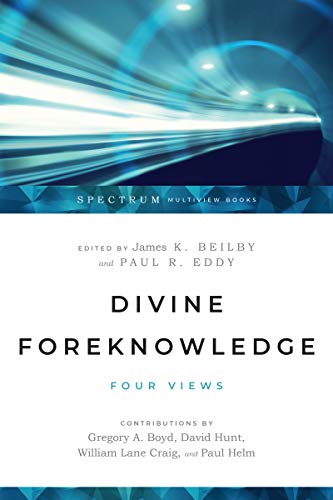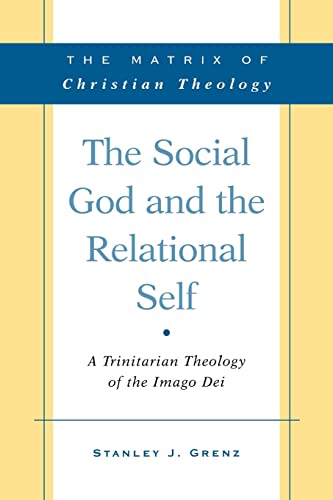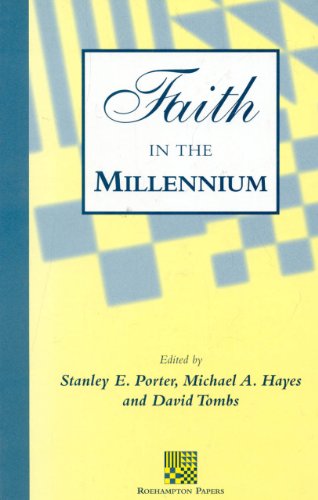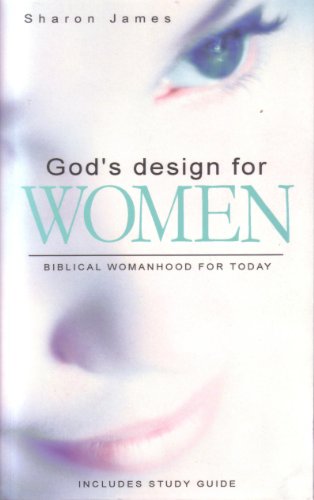This book is a worthy addition to IVP’s Bible Speaks Today Bible Themes series. The series aims to build on the reputation for thorough and accessible exposition of Scripture associated with the original Bible Speaks Today OT and NT volumes. As series editor Derek Tidball takes on the writing of this volume himself and provides us with sure-footed exposition of 18 different Bible passages harnessing the best of evangelical scholarship to do so. The quality of exposition provides interaction with a range of theological positions without losing the sense of wonder engendered by the cross of Christ.
Tidball sets the backdrop for his expositions with an introduction in which he seeks to summarise the contemporary debate about the cross amongst evangelicals. This helpful, if necessarily brief, section examines evangelical spirituality and evangelical theology in relation to the cross. In the latter case, having outlined the classic evangelical position of penal substitution, he then lists eight reasons for unease with the doctrine including its questionable morality, its demeaning of God’s character and its monochrome interpretation. At different points throughout the rest of the book where the Bible text touches on these issues Tidball interacts with the objections. This makes for a less clear-cut debate than one would find in a systematic theology approach but is a model that gives prominence to Scripture and provides interpretation less likely to be divorced from context.
Tidball finds much support in Scripture for the classic evangelical understanding of what happened at the cross. He counters arguments about the morality of God punishing a substitute, as he dwells on Passover and the Day of Atonement, allowing these to throw light on the passion narratives in the gospels. In rehearsing the arguments about divine wrath in Romans 3 and the significance of the idea of propitiation from 1 John, he takes up the challenge posed by those who suggest the traditional model portrays God as ‘a savage being’. The accusation that evangelicals have ignored other understandings of the atonement is taken seriously. Tidball makes regular reference to other theories of the atonement and this finds particular focus in the exposition of Colossians 2 entitled ‘The cross as tragic victory’ that highlights the Christus Victor theme.
The book divides into four sections the first being OT background (Abraham and Isaac; The Passover; The Day of Atonement; Psalm 22 and Isaiah 53). Chapters reflecting on the Gospel accounts, followed by meaty expositions of five Pauline passages form sections 2 and 3 while a section entitled ‘The cross applied’ rounds off the book, drawing on Hebrews, 1 Peter, 1 John and Revelation. Although it may be fairly obvious it would have been good to have a little more explanation as to the choice of passages.
Although all the passages are handled confidently there is inevitable unevenness over the scope of the book. The Gospel narrative expositions were, for me, the freshest of all while the earlier chapters lay out a fine model of handling the OT christologically. Some of the other chapters are slightly more predictable.
The book is a thoughtful and clear reassertion of the traditional evangelical understanding of the cross that does justice to other views and importantly seeks to provoke worship not just conjecture.
Andy Bathgate
Scripture Union, Scotland







